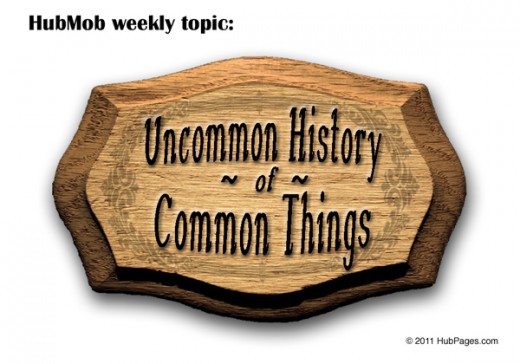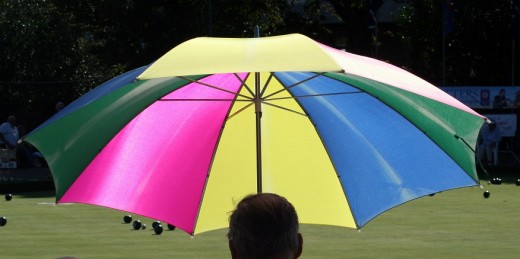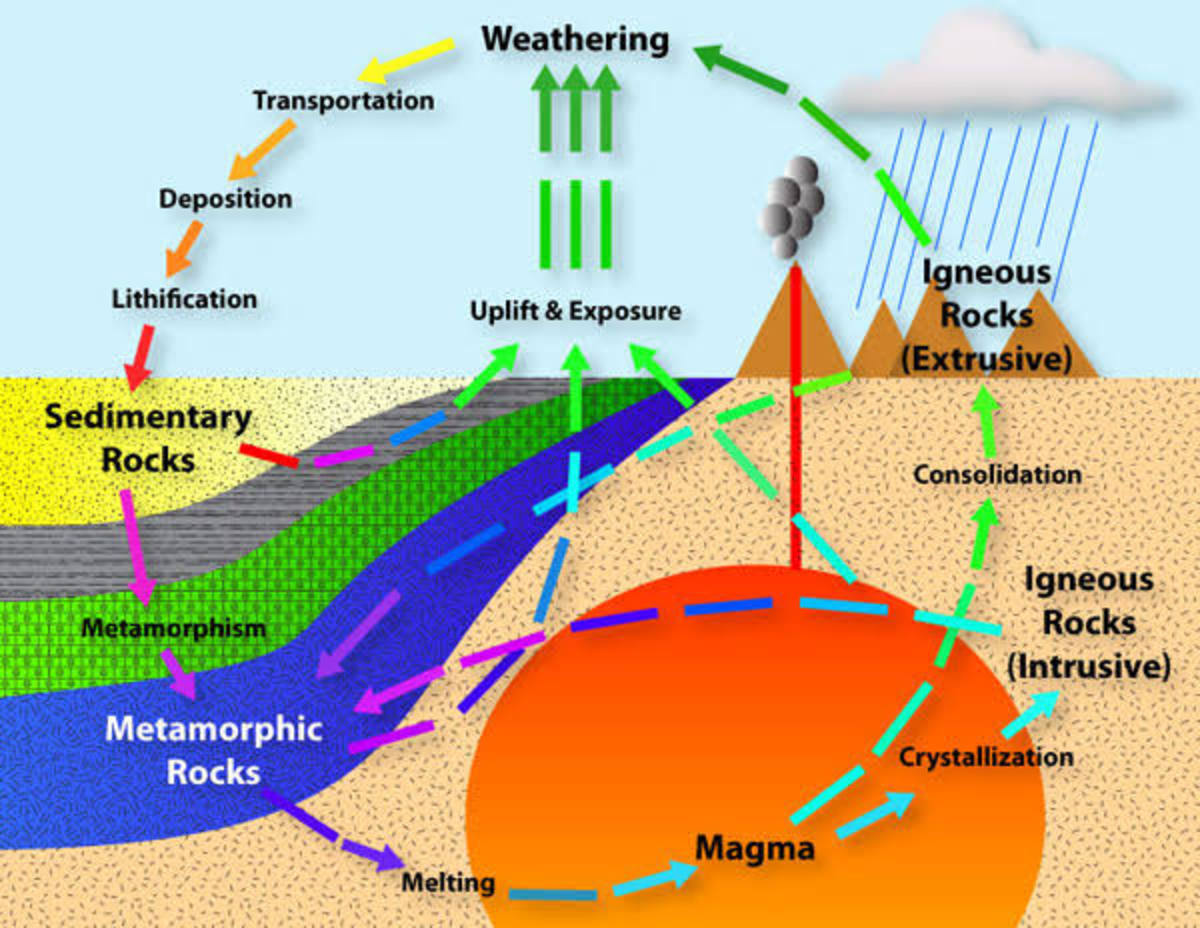A Short History of the Umbrella

When were they first used?
There is evidence of the parasol / umbrella in many ancient cultures from appearing in pictures in Ancient Egypt, to significant evidence of their use in ancient Greece and Rome. In ancient Greece, parasols were an item of high fashion for wealthy ladies to carry about with them, they could apparently be carried around and even opened and closed. The Green writer Aristophanes mentions them in his writing as a common item owned by women of the time.
In Rome, parasols were also used by ladies of the time, but there is evidence that rather than just being decorative or ceremonial that they were actually used to keep the heat off a person, and maids would often carry them to shield their mistresses from the heat of the sun, quite an honour for a servant in Roman times.
In China and India they were used for ceremonial and religious purposes.

Where does the word Umbrella come from?
There is some debate about the exact origins of the word, but it is generally thought to come from the Latin word Umbra, which means shade or shadow (this comes from the even earlier Greek word ombros). It could also have come from the Latin word umbella (an umbel is a flat topped rounded flower).
The history of the umbrella is mixed in with the history of the parasol (from para, stop or shield, and sol, sun). Appearance wise they are usually very similar, but have different functions, the parasol being to protect from the sun, an umbrella to protect from the rain.
What about protecting from the rain?
Surprisingly, despite thousands of years of use, there is little if any evidence of them being used to protect against the rain. It is not until the 1700s that there is evidence of them being used for this purpose, and perhaps the earliest reference to such is in Kersey's dictionary in 1708 which defined an umbrella as:
"a screen commonly used by women to keep off the rain"
Though other evidence suggests that it was not until the mid to late 18th century that they were 'commonly used' in England at any rate, and the English probably picked it up from the French.
How did they develop after this?
Victorian umbrellas often had a wooden frame, and were made of silk and gingham. There were many improvements in the design over this period, though they were invariably still heavy and difficult to fold when wet. Samual Fox invented the steel ribbed umbrella in 1852, though there was some evidence of steel ribs in umbrellas before then, so maybe he just stole the idea and passed it off as his own, no one knows for sure.
In 1969 Bradford Philips, the owner of Totes Inc patented the world's first "working folding umbrella" and the modern umbrella as we know it today was born.
Some Umbrella Facts
33 million umbrellas are sold in the US alone each year.
The US patent office employs 4 full time staff to assess new umbrella patents.
Most umbrellas are made in China today.
Around 75,000 umbrellas are left on the London bus and subway system each year
And finally...
When will someone invent a design for umbrellas that don't break when there is a strong gust of wind? If you know of a good umbrella let me know!





